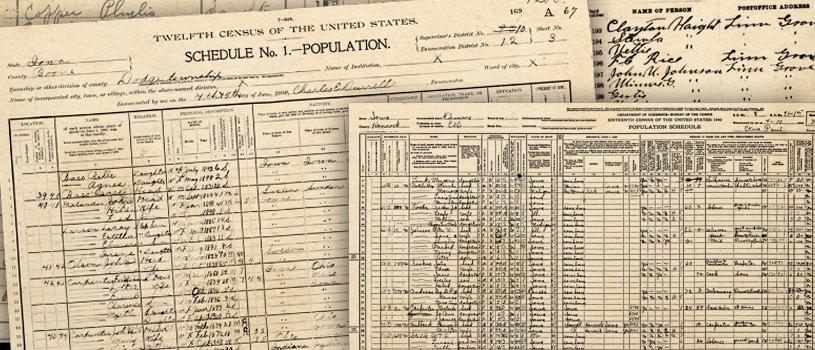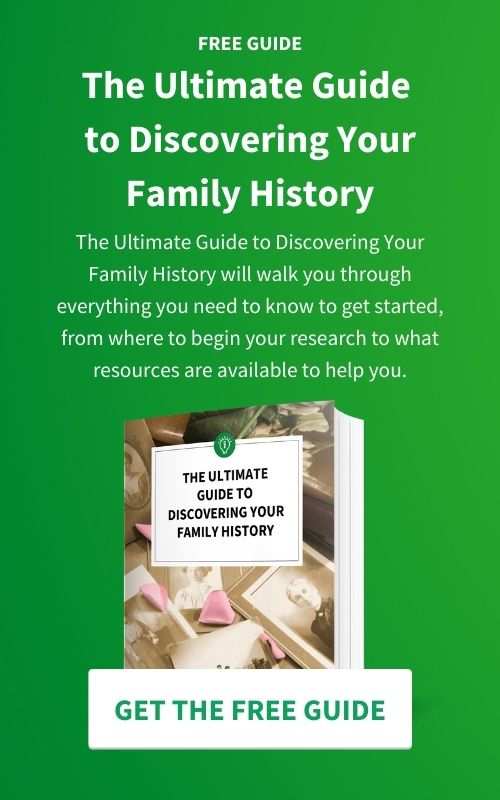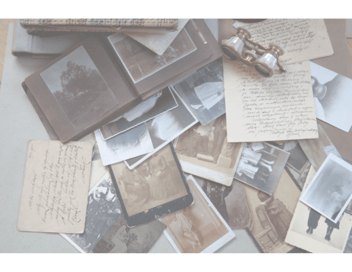How to Start Genealogy Research
Are you ready to start searching for your family history but don't know where to start? If so, you're in luck. In this blog post, we will be discussing how to start your genealogical research about your family.
Although it may seem like a daunting task, tracing your family history can be a fun and rewarding experience. With a little patience and some detective work, you can uncover a wealth of information about your ancestors.
So where do you begin? The first step is to gather as much information as you can about your immediate family. Talk to your parents, grandparents, aunts, and uncles and see if they know anything about your ancestors. Write down what they know and try to find any old family photos that might give you some clues.
Once you have gathered all the information you can from your family, it's time to start your research. Start by searching online databases and websites. There are many resources available that can help you find information about your ancestors.
If you're having trouble finding information, don't worry. There are plenty of experts who can help you with your research. The important thing is to get started and have fun!
Start With Yourself
When beginning your research, the best place to start is with yourself. Gather as much information about your own life first– full name, date and place of birth, marriage and children's details etc. This will give you a good foundation on which to build your family history.
Next, speak to other members of your immediate family and see what they know about their parents, grandparents and so forth. Even if they don't have many specifics, hearing stories about previous generations can be very helpful in sparking ideas for further research.
If you don't have any living relatives who can help fill in the gaps, try looking through old documents like birth certificates or school records– anything that might provide clues about where to look next. Once you've got a few names and dates down, you can begin searching online databases or visiting local archives.
Talk To Family Members
One of the best ways to start your genealogy research is by talking to family members. They may be able to tell you stories about your ancestors, which can give you clues about where to look for records. If you don't live near any relatives, try reaching out via social media or email. You might be surprised at how willing people are to help with your research!
Another great way to learn more about your family history is by attending reunions or other gatherings of extended family members. This can be a great opportunity not only to talk and exchange information but also to get access.
Research Your Family History
Have you ever wondered about your family history? Where your ancestors came from? What they did for a living? You can learn all of this and more by researching your family tree.
To get started, you'll need to gather as much information as you can about your immediate family. Once you have that, you can start reaching out to extended family members and see if they have any additional information or photos that could help with your research. From there, you can begin searching public records like birth, death, marriage, and census records to piece together even more details about your ancestors' lives.
There are plenty of resources available online and at local libraries to help with genealogy research. So what are you waiting for? Start tracing those roots today!
Create A Family Tree
There are many ways to trace your family tree. One way is to search online databases such as Ancestry.com or FamilySearch.org. Another way is to visit your local library and look through microfilms of census records or other genealogical resources. You can also hire a professional genealogist to do the research for you.
If you want to do the research yourself, start by gathering information from family members about your ancestors. Once you have collected this data, you can begin searching public records such as birth, death, marriage, and divorce certificates; property deeds; obituaries; and naturalization papers. These documents will help you piece together your family history and identify any gaps in your knowledge so that you can further your research accordingly.
Share Your Findings
When you're ready to share your findings with the world, there are a few things you should keep in mind. First and foremost, be respectful of other people's research. If you come across something that contradicts what someone else has found, don't automatically assume they're wrong - it could just be that your information is more up-to-date. Secondly, make sure you cite your sources so others can check them for themselves. And finally, remember that genealogy is a lifelong journey - there's always more to discover!
Conclusion
There are many ways to trace your family tree, but where do you start? Start with preparing a list of your immediate family members and their basic information, including full names, dates and places of birth, marriage, and death. Search for census and vital statistic records such as birth, marriage, and death records, and other public records. Be aware of the retention requirements as many of these record types are not available for at least 75 years and will vary depending on the location of your search.
The best advice I can give is to remain patient and persistent and don't forget to use a bit of creativity.
Once you have these things, you can begin your search by talking to family members, searching online databases, and visiting local archives.
The most important thing is to get started and to keep going when the going gets tough. So what are you waiting for? Start researching your family history today!
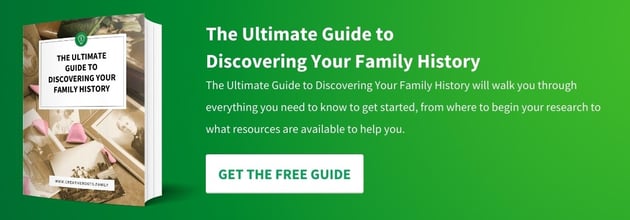
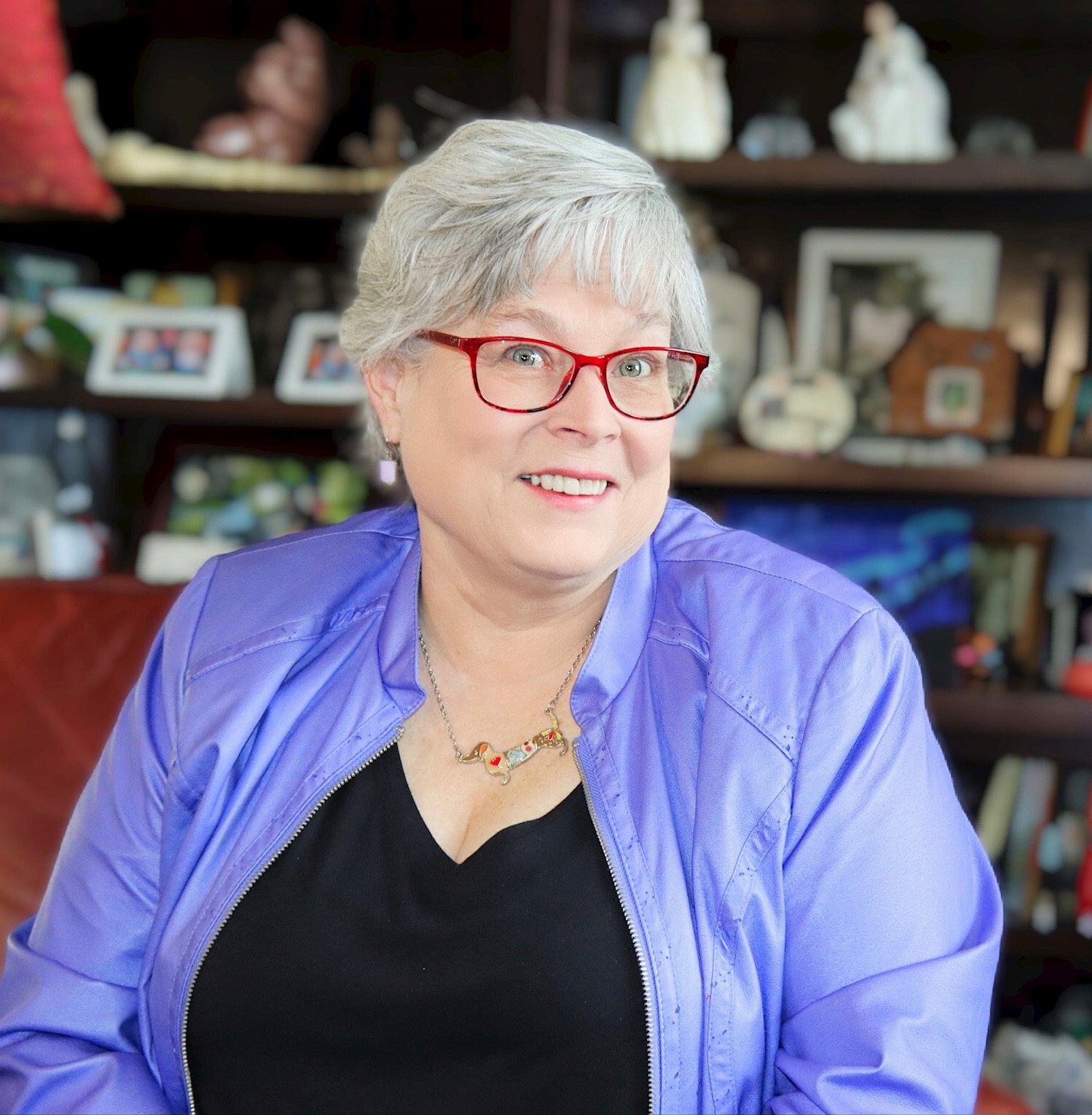
Article by Carol Walsh
Carol Walsh is the CEO of Creative Roots, a professional genealogy company. She has a passion for preserving family history and storytelling. Carol's research methodology centers around fact-finding and publishing in a format that readers can use to preserve the stories. Her ultimate goal is to help families connect with their past and each other.

